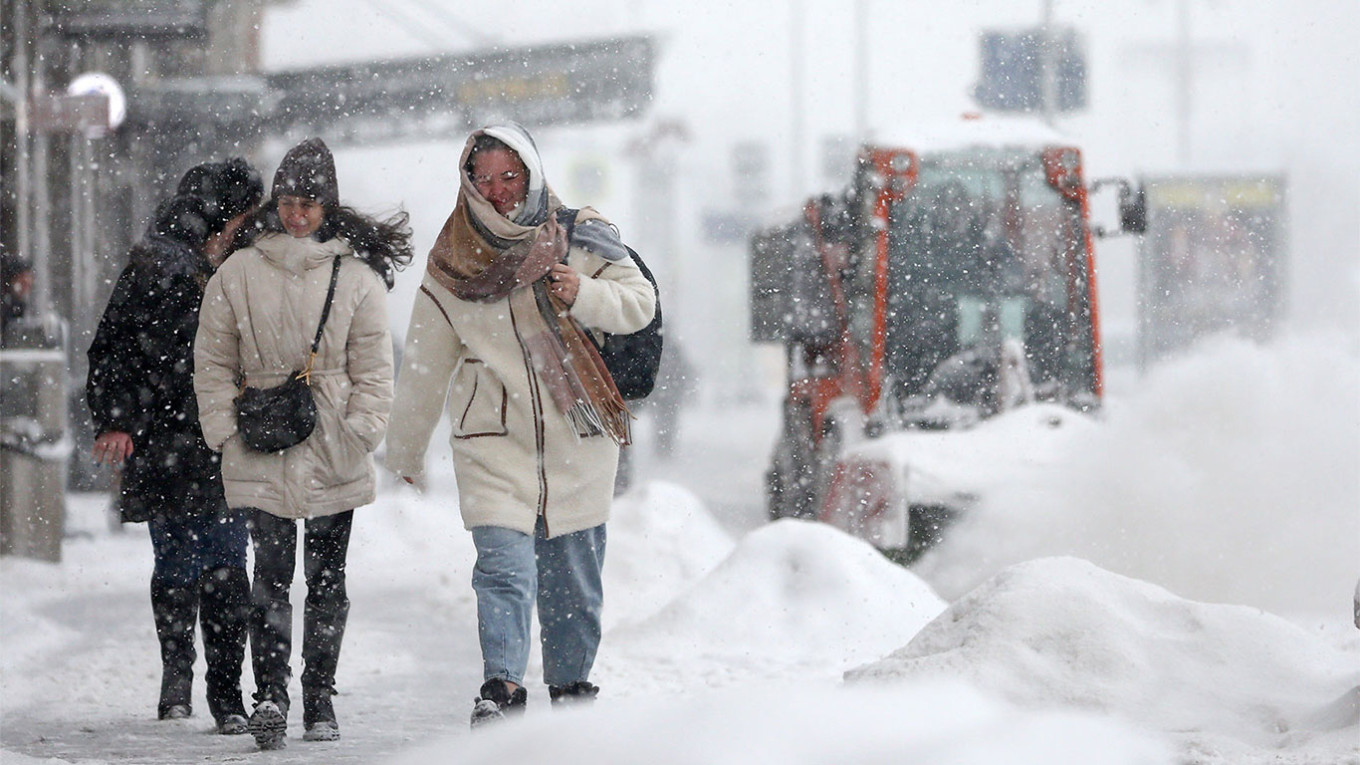
Scientists are sounding the alarm after detecting a mysterious marine heatwave in the North Pacific Ocean that has driven sea surface temperatures to record highs — a potentially serious sign of the growing impacts of global warming on the world’s oceans.
🌊 What’s going on?
Between July and September 2025, the North Pacific experienced sea surface temperatures above the previous record (set in 2022) by more than 0.25 °C, over a vast area hundreds of thousands of square kilometres in size.
This anomaly is being described as a new phase of what has been called the “warm blob” — a mass of unusually warm ocean water that can disrupt marine life, fisheries, and even weather patterns. Wikipedia
Analysts note that while ocean warming is expected under climate change, the magnitude, geographic scale and speed of this event are troubling scientists.
📌 Why it matters
Marine ecosystems under stress: Elevated sea temperatures affect coral reefs, kelp forests, fish migrations and plankton productivity. These changes ripple through ecological food chains.
Weather & climate knock-on effects: The ocean stores and redistributes heat globally. Such large marine heatwaves may alter atmospheric circulation, storm tracks and even regional climate behaviour.
Human economic impacts: Fisheries, tourism, coastal livelihoods, insurance and disaster risk all may be impacted by changes in oceanic state and extreme marine events.
Indicator of shifting baseline: That a so-called “mystery” or poorly explained heat surge occurred raises questions about whether our understanding of ocean dynamics is keeping pace with the changes, and the extent to which human-driven warming is creating new ocean behaviour.
🧐 What’s uncertain
The exact drivers remain under investigation. While global warming provides a broad backdrop, contributions from weaker winds, changes in ocean mixing, decreased cooling from aerosols or sulphur emissions, or shifts in currents are possible.
How long the heatwave will persist, and how far its effects will propagate (both locally and globally).
The full range of ecological and socioeconomic impacts — some may only play out years later.
Whether this event signals a new normal or a rare extreme.
🔍 Key data points
Sea surface temperatures in the North Pacific during summer 2025 exceed previous high by ~0.25 °C.
Areas such as the North Pacific and North Atlantic both hit record highs in August 2025; the global sea surface average for that month was ~20.82 °C.
Marine heatwaves in recent years have become more frequent and intense. In 2023, 96% of the world’s oceans experienced marine heatwave conditions. Live Science
The “warm blob” phenomenon off the Pacific Northwest coast is a precedent for such events.
✅ What this implies for policymakers, scientists & the public
Urgent need for enhanced monitoring of sea surface temperatures, ocean currents, and marine heatwave formation, especially given their cascading effects on climate and ecosystems.
Climate mitigation (reducing greenhouse gas emissions) remains critical — ocean warming is one of the largest stores of excess heat in the Earth system.
Adaptation measures for fisheries, coastal communities and marine conservation must account for these rapid changes.
Public awareness: These kinds of ocean events might not feel as immediate as land heatwaves, but their implications are profound for food security, biodiversity and weather extremes.
Further research into mechanisms of ocean-atmosphere coupling, heat accumulation in the ocean, and thresholds for ecosystem failure is — more than ever — a priority.
🧭 Final thought
The “mystery heatwave” warming the Pacific isn’t just a scientific curiosity — it’s a clear signal that the Earth’s oceans are undergoing changes beyond typical variability. While scientists continue to unravel the how and why, the evidence suggests we are entering a new era of ocean-climate dynamics, one where surprises may become the norm.
Note: Content and images are for informational use only. For any concerns, contact us at info@rajasthaninews.com.
"इको-फ्रेंडली इनोवेश...
Related Post
Hot Categories
Recent News
Daily Newsletter
Get all the top stories from Blogs to keep track.











